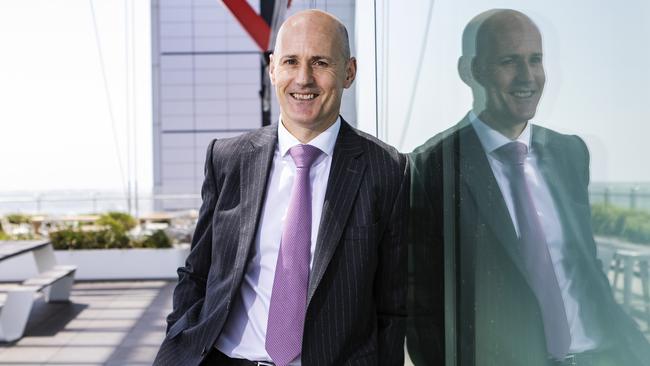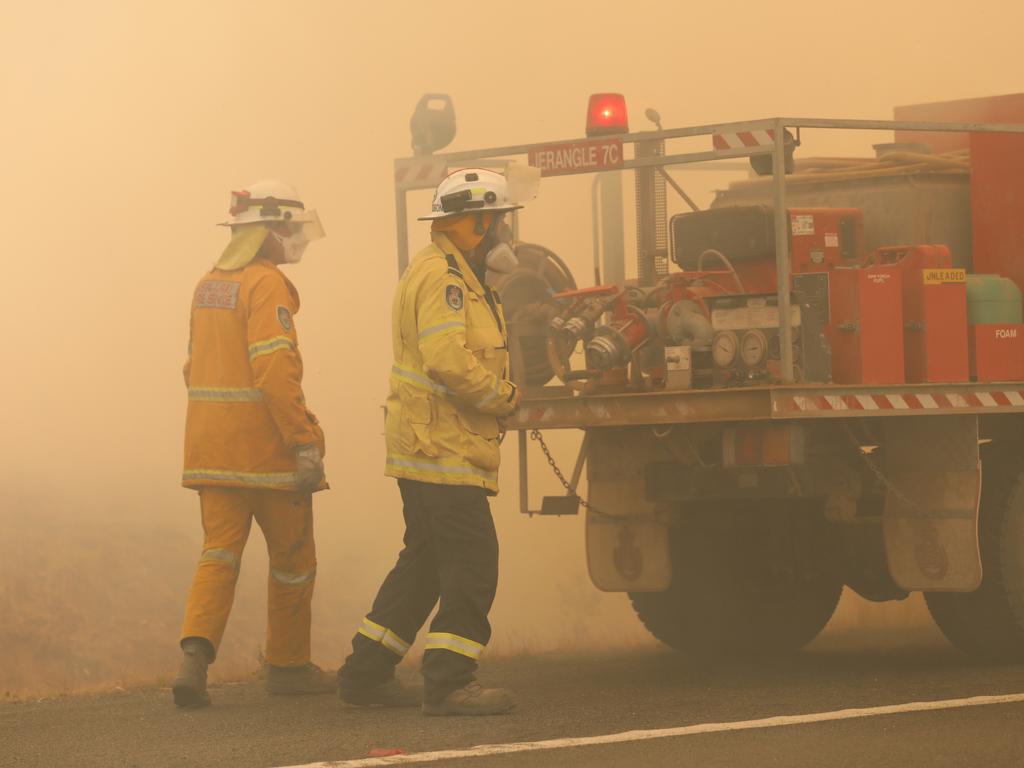Pat Regan defends QBE’s conduct during the pandemic

Insurance works when things don’t all go wrong at once. And when they do - as in the COVID-19 pandemic - things can go awry.
That reality is being used by QBE boss Pat Regan to defend the perceived tough treatment by the company in some sectors.
It comes after QBE said this week it will lose $1 billion this year - its first loss since 2017, the year before Regan took the top job.
Insurance works by creating a pool of diversified risks, so income from one sector will, hopefully, cover the costs of another.
The coronavirus has raised questions among some consumers because the very impact they thought they were being protected from is not covered in a pandemic.
In an interview with The Australian, Regan acknowledges the fundamentals of insurance may not be widely understood.
Insurers can cover car crashes because crashes don’t all happen at the same time, giving a company time to manage risks. But COVID-19 has increased claims for QBE by $800m, Regan says.
Small Business Ombudsman Kate Carnell will shortly launch an inquiry into the insurance industry due to the level of complaints she has received during the pandemic.
Some of these are due to the industry’s failure to educate consumers on issues like business interruptions. Policies are meant to cover losses caused by physical damage like a storm, not an outbreak of a disease infecting the entire country.
Consumers’ expectations about what to expect from insurance are clearly too high.
In the UK the Financial Conduct Authority is running a test case on business interruption claims to provide some clarity on the issue.
This will help guide QBE, which is participating in the case.
Regan says in contrast to the noise from some quarters, the COVID-19 pandemic has not raised overall complaints about the company.
On trade credit insurance, taken out by companies to ensure customers pay for goods, Regan says QBE is still an active player, although it has wound back insurance to some sectors like retail, impacting suppliers to David Jones and Myer.
Sectors like travel and buildings have had less demand in part because of a slowdown in business activity.
According to Regan, better premiums in the UK and US will boost earnings next year, although he noted the impact was more muted in Australia.
One of the challenges Regan faces is the reality of low interest rates for the foreseeable future, which reduces investment income and also lowers the value of present business.
Regan has also flagged a boost in QBE’s use of technology, saying insurance is one sector that benefits from increased data, artificial intelligence and digitisation.
The insurer’s improvements in technology have been shown by the fact its staff can work from home, but more spending is needed.




